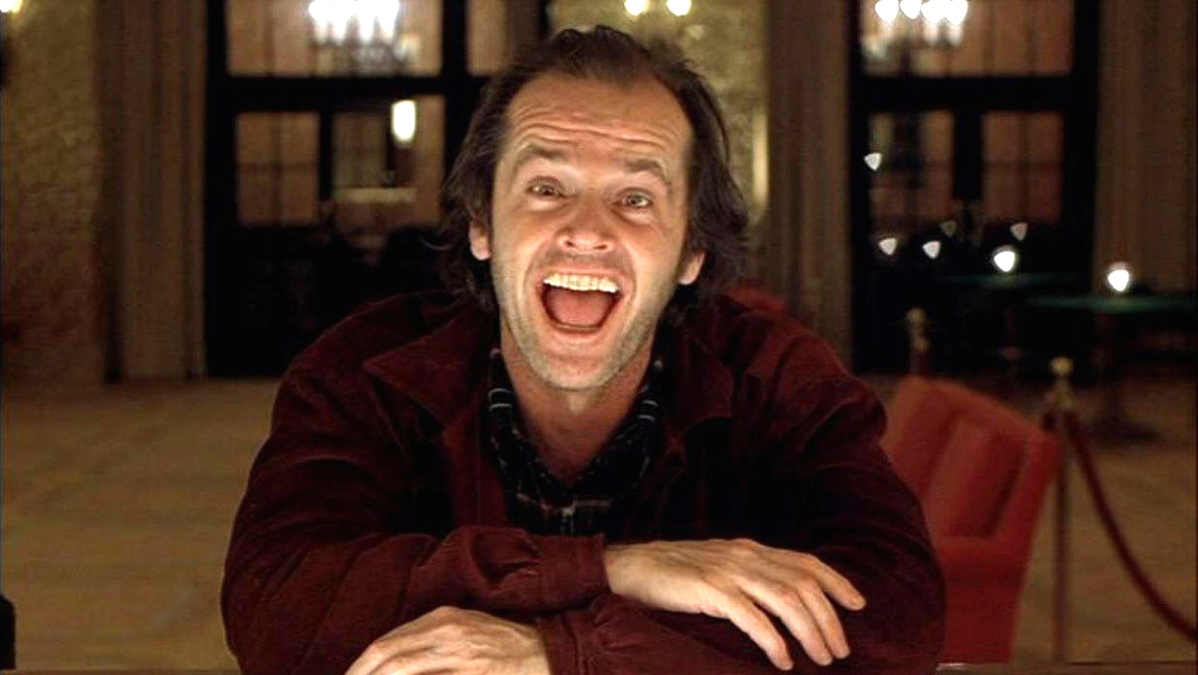
Spoilers Follow
I want you to know how much I enjoyed your miniseries adaption of Shirley Jackson’s iconic novel, The Haunting of Hill House. All story elements were tied-up at the end. The door that could not be opened leading to different rooms for different people was inspired. It had many scary moments.
OK, Doctor Sleep. The first half hour or so was so slowly paced the good Doctor almost put me to sleep. I almost walked-out. You may want to consider vacating the editor’s chair in your next production. I suspect you are too caught up in your ‘vision thing’. An editor with a less enamored eye could be willing to trim scenes that needed trimming, speeding up lengthy dialogue scenes. Two and one half hours in length. Forty minutes too long. Longer than the glacially paced, The Shining.
I realize the novel presents some problems when adapting it to the screen. Harold Pinter had a significant problem when adapting John Fowels’ novel, The French Lieutenant’s Woman. Three endings. His solution was clever, making it parallel story of a film production. I realize such a solution was not available to you, but was it really necessary to spend so much screen time on all the minor characters and story elements, while leaving out significant story elements in the book? If you re going to take the trip, stop at all the best spots.
You had to consider the problematic Stanley Kubrick film of The Shining, the reference of most people for the story. Few alive have read the 1977 novel.

Kubrick abandoned the scrapbook chronicling the hotel’s history, the most significant story element in the novel, the key to Jack Torrence’s transformation into part of the Overlook’s evil. Such an omission was truly astounding to those who had understood its place in the novel.
Kubrick’s ending, was the death of Jack Torrence in a maze, rather than perishing with the Overlook when the boilers exploded. (the ending foreshadowed in the novel) It was lackluster and anticlimactic, so you had that to deal with.
Abandoning Tony as “a little boy who lives in Danny’s throat”, was a very good idea. No matter what was Tony’s role in The Shining, it was a story element with no payoff. Nothing, Nada. Why the hell did Kubrick include Tony in the first place?
Kevin, in his Ruthless review hit on one of the film’s greatest flaws. Dan as Doctor Sleep has a single scene, and no part in the rest of the film.
We saw Rose the Hat and the True Knot of psychic vampires murder a child in the first reel, so was it really necessary to have such a graphic murder of a child about forty minutes into the film? It was well photographed, all that diffused lighting and fog. Dialogue and sound effects could have sold the scene. At other times you seem to realize what is not seen is more terrifying than what is seen.
The True Knot seems more a motorcycle gang who traded in their Harley-Davidsons for Winnebagos. Despite their vampiric powers, they are all packin’ heat. Most of them meet their fate while armed with handguns, while Dan and his friend and sponsor Billy Freeman, have rifles. Despite the fact Dan has no history of even visiting a rifle range, he is quite the marksman with a scope mounted rifle.
This is one of the numerous changes made to the story in the novel, just as egregious as those Kubrick made to The Shining.

I can only wonder why you did not employ superior elements of the novel. Dan and Abra as distant cousins. The destruction of the True Knot by contaminated steam. But the best of all. The ghost of Dan’s father, Jack, returns to send Rose the Hat to her death.
The rules of drama are well known to you, which makes it all the more curious your ending. The ghost of Dan’s mother, an ineffectual minor presence in the story, appears moments before Dan’s death to usher him into the afterlife. Dan’s death is egregious. The good do not die for no reason, except perhaps in King Lear. He has been redeemed, having repaid what Dick Hallorann called his debt. In the novel, Dan returns to his life as Doctor Sleep, helping the dying, as he should. “I’ll stay here until you sleep.”
You seem to have forgotten Stephen King’s opinion of his novel, Doctor Sleep. The novel is the “True History of the Torrence Family”. Your film adaption was at times a confused bore with no scary moments.
In Hopes of Better Films from You in the Future,
John